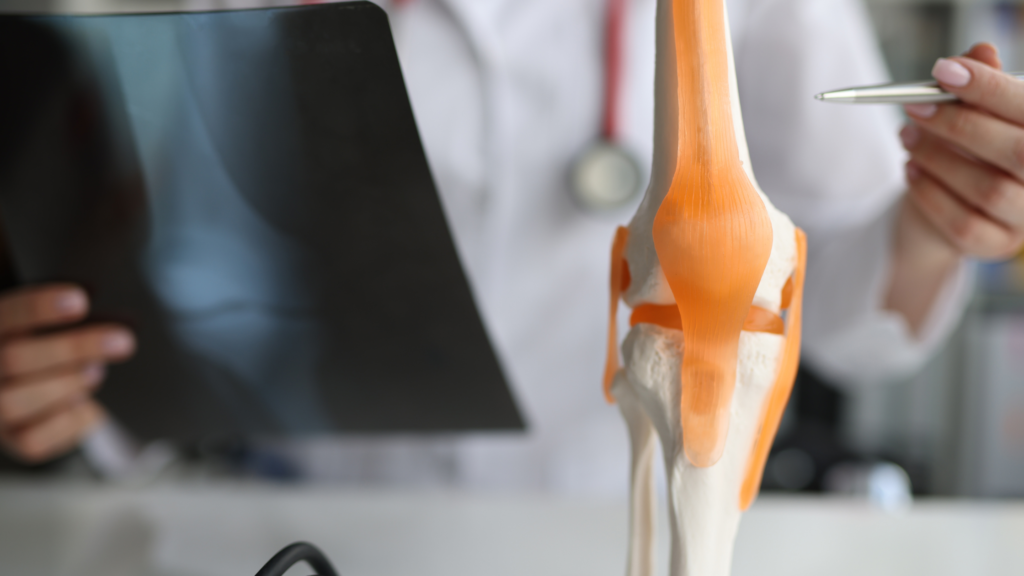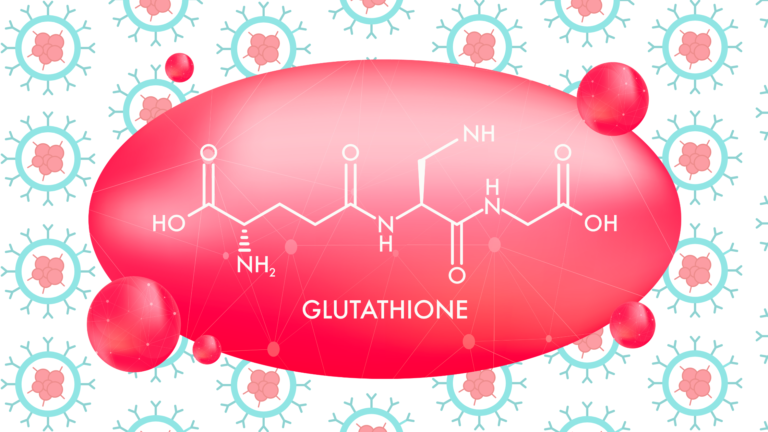
Berdi
urinary Track Health
In the realm of human health, few vitamins have garnered as much attention and acclaim as vitamin D3. Often referred to as the “sunshine vitamin,” its significance extends far beyond a catchy moniker. The role of vitamin D3 in the body is nothing short of critical, influencing a multitude of physiological processes that impact our overall well-being.
As we embark on this journey to explore the depths of this vital nutrient, we invite you to delve into the profound impact that vitamin D3 has on our health. From its sources and synthesis within our bodies to its pivotal role in bone health, immune function, and even mental well-being, vitamin D3 stands as a cornerstone of human vitality.
Vitamin D3, scientifically known as cholecalciferol, is a fat-soluble vitamin that plays a fundamental role in the functioning of the human body. While it’s often referred to as a vitamin, it’s more accurately described as a prohormone because, unlike most vitamins, it can be synthesized within the body under the right conditions.
Vitamin D3 synthesis within the human body is a fascinating and intricate process. It begins with a natural interaction between our skin and sunlight, ultimately leading to the formation of cholecalciferol, the inactive form of vitamin D3. Let’s explore this process step by step, supported by relevant research citations:
The journey of vitamin D3 synthesis commences with sunlight exposure. When the skin is exposed to UVB (ultraviolet B) rays from sunlight, a photochemical reaction occurs. UVB rays penetrate the epidermis, the outer layer of the skin, triggering a transformation of a precursor molecule known as 7-dehydrocholesterol into cholecalciferol, or vitamin D3.
Cholecalciferol, in its newly synthesized form, then travels through the bloodstream to the liver. In the liver, it undergoes its first transformation, becoming calcidiol or 25-hydroxyvitamin D3 (25(OH)D3). This form is still biologically inert but serves as a marker for assessing a person’s vitamin D status.
Calcidiol then travels to the kidneys, where it undergoes its final conversion into calcitriol, the biologically active form of vitamin D3. This conversion is facilitated by the enzyme 1α-hydroxylase, primarily under the control of parathyroid hormone (PTH) and calcium levels in the body.
Calcitriol, the active form of vitamin D3, plays a crucial role in regulating calcium and phosphorus absorption in the intestines. It binds to vitamin D receptors (VDRs) in the intestines, leading to increased absorption of these minerals.
In conclusion, the synthesis of vitamin D3 is a remarkable process initiated by sunlight’s transformative power and involving several key enzymatic conversions in the liver and kidneys. This intricate process ensures that our bodies can produce the essential vitamin D3 needed for numerous physiological functions, including maintaining healthy bones and regulating immune responses.
One of the most well-known functions of Vitamin D is its pivotal role in maintaining healthy bones. Your bones are a dynamic tissue, constantly being broken down and rebuilt. Vitamin D is a key player in this process as it helps your body absorb calcium efficiently. Without sufficient Vitamin D, your body struggles to absorb calcium, leading to weakened bones and an increased risk of conditions like osteoporosis.
Ensuring an adequate intake of Vitamin D can significantly reduce the risk of fractures and bone-related ailments, especially in older adults. It’s crucial for maintaining bone density, strength, and overall skeletal health.

Vitamin D is a powerful ally in supporting your immune system. It enhances the function of immune cells, helping your body fight off infections and diseases more effectively. Research has shown that individuals with adequate levels of Vitamin D are less likely to fall ill with common colds, flu, and other respiratory infections.
Moreover, emerging studies suggest that Vitamin D may also play a role in reducing the risk of autoimmune diseases, such as multiple sclerosis and rheumatoid arthritis. These findings underscore the importance of maintaining optimal Vitamin D levels for overall health.

Recent research has highlighted a connection between Vitamin D and mood regulation. Vitamin D receptors are found in areas of the brain responsible for mood regulation. Low levels of Vitamin D have been associated with an increased risk of mood disorders like depression and seasonal affective disorder (SAD).
While more research is needed to establish a direct link, maintaining optimal Vitamin D levels may contribute to improved mental well-being. It’s a small but potentially significant step towards achieving and maintaining a positive outlook on life.

Cardiovascular health is another area where Vitamin D can make a significant impact. Adequate Vitamin D levels have been linked to a lower risk of heart disease and hypertension. It’s believed that Vitamin D helps regulate blood pressure and reduce inflammation in the blood vessels, which, in turn, promotes a healthier heart.
Now that we understand the importance of Vitamin D, let’s explore where you can obtain it:
Vitamin D is an essential nutrient that plays a multifaceted role in your health. From supporting strong bones and a robust immune system to potentially influencing your mood and cardiovascular health, it’s clear that this “sunshine vitamin” is anything but ordinary.
To ensure you’re getting enough Vitamin D, consider a combination of sunlight exposure, a balanced diet that includes Vitamin D-rich foods, and, when necessary, supplements like Flexa Plus can help. Always consult with a healthcare professional to determine your specific Vitamin D needs.
By prioritizing your Vitamin D intake, you’re taking a proactive step towards better health and well-being. Remember, it’s not just about feeling good; it’s about staying healthy and vibrant throughout your life. Don’t underestimate the crucial role of Vitamin D in your journey towards optimal health.










©2023 Route2Health®️
NTN: 2229383
AN ASSOCIATED COMPANY OF HIGHNOON LABORATORIES
STRN: 0301999937728

WhatsApp us
